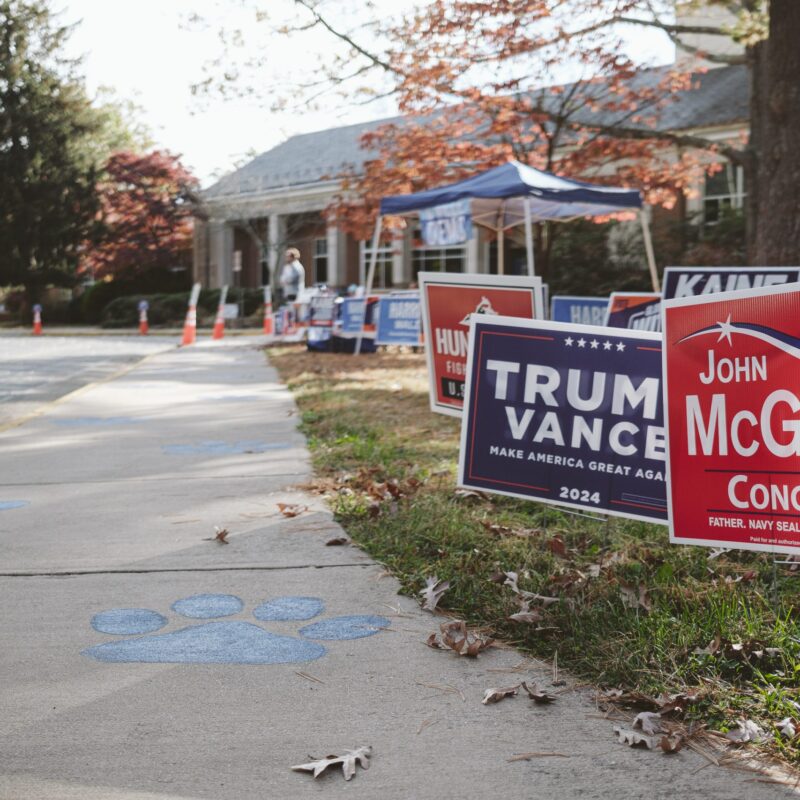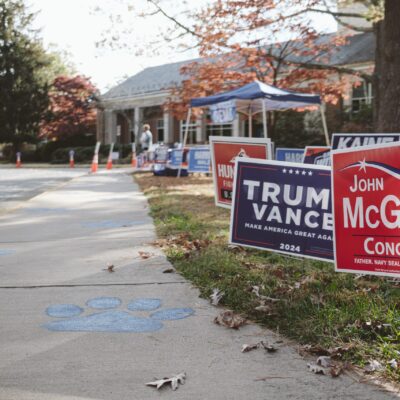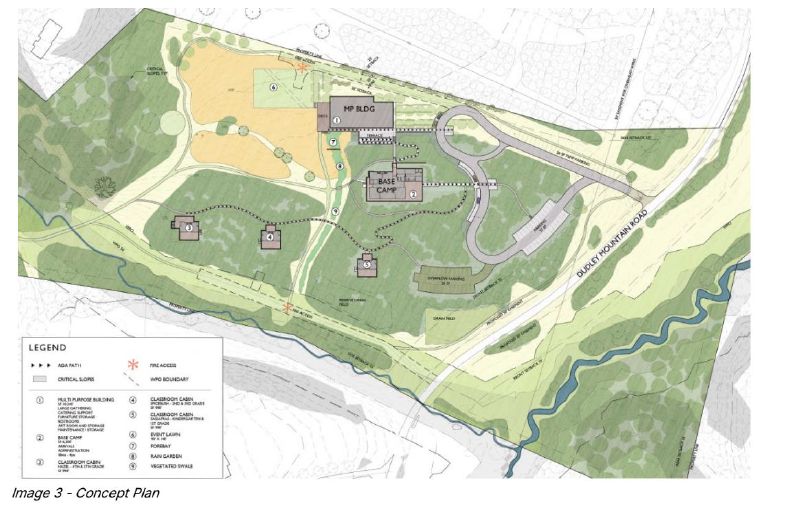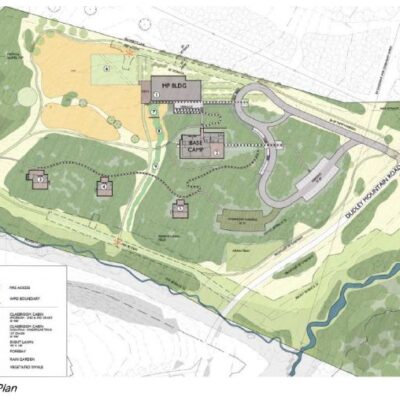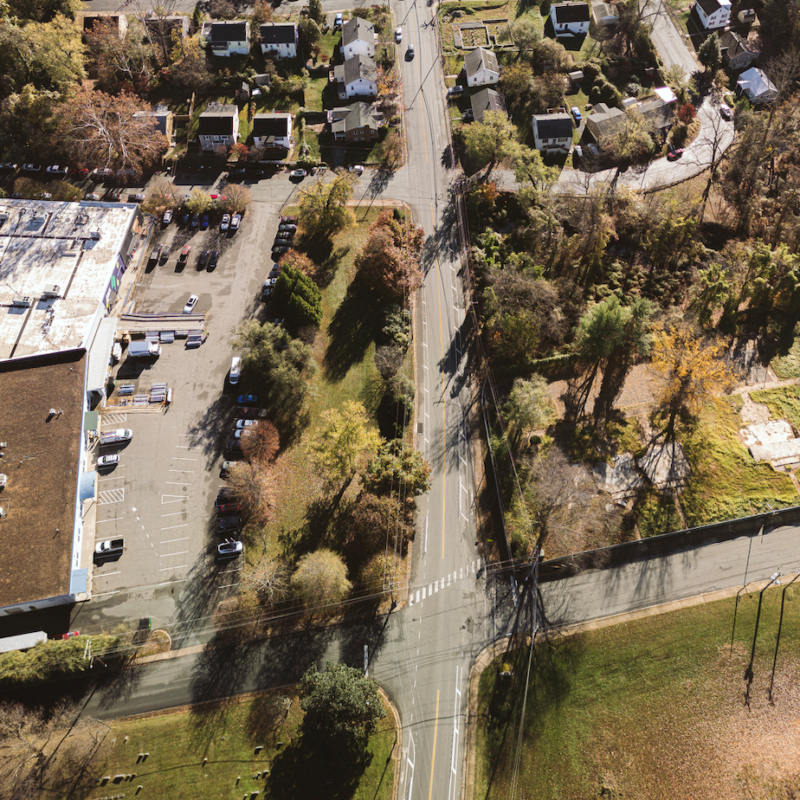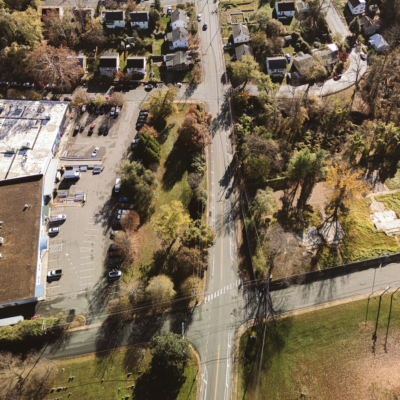When Charlottesville Police Captain J.E. “Chip” Harding discovered about 20 percent of local felons who should have been included in the State DNA databank were missing, officials got pretty excited about solving the presumably statewide problem. House Bill 3034, sponsored by Albemarle Delegate Rob Bell, would grant authority and set up a system for swabbing felons who should’ve been included in the databank, some of whom may have already submitted samples that were lost. The payoff, officials say, would be more solved crimes and more repeat felons behind bars.
Not to interrupt the crime solving-fest, but aren’t there some legal issues with the State’s mass attempt to fill in the gaps?
 Charlottesville Police Captain J.E. "Chip" Harding has led the measure to fill in the DNA databank, though some think it’s unfair to hassle felons who have done their time. Harding says he’s joining the Albemarle County sheriff race. |
Richard J. Bonnie, a law professor at UVA and an expert in criminal procedure, says DNA testing is on shaky legal ground to begin with.
“The Supreme Court has never addressed the constitutionality of taking DNA samples, and more generally the efforts of states to build DNA databases of people,” Bonnie says. “There is a lot of disagreement among the scholars and commentators in the area about the circumstances under which it is constitutional to take the DNA samples.”
Most legal interpretations of DNA sampling weigh the State’s need to solve crimes against individual rights. If it ever hit the courts, the issue would likely call up the Fourth Amendment clause on unreasonable searches and seizures.
“It’s pushing the limit,” Bonnie says. “Each time you move the line out, the constitutional doubts become greater.”
Virginia has one of the widest DNA collection systems and is one of a handful of states authorized to collect DNA from people during an arrest.
Aware of the constitutional snag, Bell cut out the most controversial part of the legislation, which would authorize swabbing felons convicted post-1990 who are off all types of State supervision. As it’s written, only felons who are in jail and on supervised and unsupervised probation would submit to swabs. As Harding says, “It looks like, from a political standpoint, [cutting that section was needed] to get this bill moving, and you don’t want to slow it up.”
The bill passed the House last month and has been referred to the Senate Courts of Justice committee.
C-VILLE welcomes news tips from readers. Send them to news@c-ville.com.
